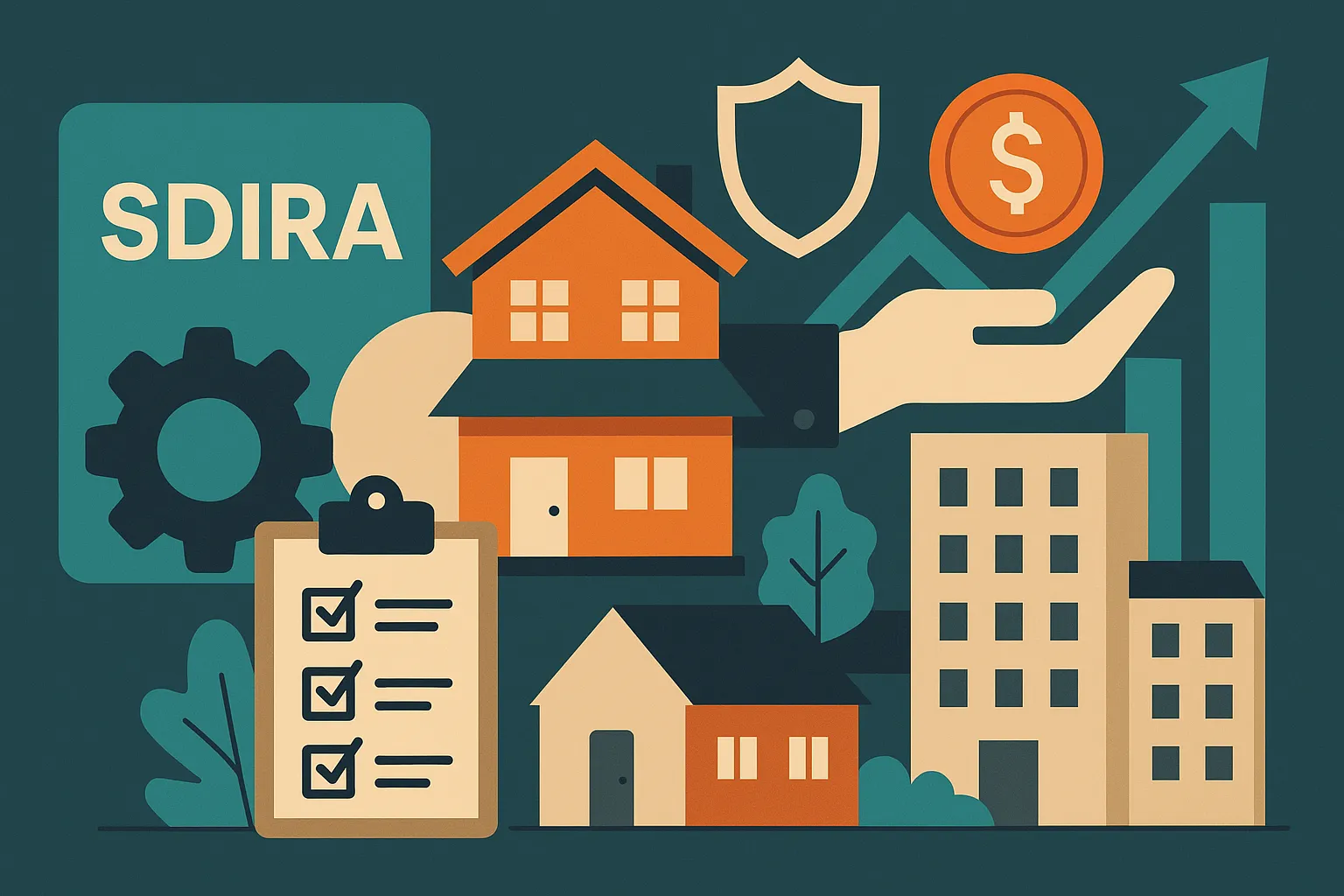What is Digital Real Estate? How to Invest in It in 2024

Digital real estate is one of the exciting opportunities that come along with the modern age. But what exactly is it, and how can it benefit you? Let’s explore this step by step. Whether you’re into tech trends or just looking for new ways to grow your finances, digital real estate offers possibilities that can fit a variety of goals.
Key Takeaways
- Digital real estate refers to online assets like websites, domain names, virtual properties in the metaverse, and even social media accounts.
- These assets generate income through ad revenue, e-commerce, or renting digital spaces.
- Investing in digital real estate requires research, patience, and a clear strategy.
What Is Digital Real Estate?
Digital real estate is like owning valuable online spaces instead of physical ones. These virtual properties have real-world value and can generate income, much like renting out a house or storefront. These assets include:
- Websites: Sites with high traffic can generate ad revenue or serve as platforms for e-commerce.
- Domain Names: Premium or sought-after domain names can be bought and sold for profit.
- Metaverse Properties: Virtual spaces in platforms like Decentraland or The Sandbox where users can interact, shop, and build.
- Social Media Accounts: Popular accounts can generate revenue through sponsorships and partnerships.
Hypothetical Example: Imagine owning a blog that attracts thousands of visitors every month. Through ad placements or affiliate marketing, that blog can generate consistent income, much like renting out a physical property.
Why Is Digital Real Estate Valuable?
The value of digital real estate lies in its ability to generate income and appreciate over time. As the world becomes increasingly digital, the demand for online spaces is growing. Here’s why so many people are diving into digital real estate:
- Scalability: Digital assets can reach audiences worldwide, giving them massive earning potential.
- Low Overhead: They’re often cheaper to start and maintain than traditional properties.
- Passive Income: Once established, these assets can generate income without much daily effort.
- High ROI Potential: A well-managed website or virtual property can deliver significant returns over time.
How to Invest in Digital Real Estate
Getting into digital real estate can feel overwhelming, but it doesn’t have to be. Start small, focus on learning as you go, and build from there. Here’s a simple roadmap to get started:
1. Pick Your Asset Type
Are you drawn to building a website, investing in domain names, exploring the metaverse, or growing a social media account? Choose something that matches your skills and interests.
2. Do Your Research
Spend time understanding the market. Look at traffic trends for websites or explore popular metaverse platforms like Decentraland.
3. Start Small
Dip your toes in with a smaller investment, like a niche website or an affordable virtual property, to reduce risk while you learn.
4. Build or Improve the Asset
Enhance your asset’s value by:
- Optimizing website content for SEO.
- Marketing a social media account to grow its audience.
- Developing virtual properties to attract users.
5. Generate Income
Monetize your digital real estate through:
- Ad revenue
- Affiliate marketing
- Renting virtual spaces
- Selling premium memberships
6. Monitor and Scale
Keep track of performance and look for opportunities to scale your investments. Successful websites can expand into e-commerce, while metaverse properties can host virtual events or storefronts.
Potential Risks
Like any investment, digital real estate comes with its share of risks. Being aware of these challenges can help you navigate the market more effectively:
- Market Volatility: The value of digital assets can swing significantly due to changing trends, consumer demand, or technological advancements. For instance, a metaverse platform could lose popularity, reducing the value of virtual properties tied to it.
- High Competition: Popular niches can quickly become oversaturated. For example, if too many people invest in similar types of websites, it may dilute profitability and drive up acquisition costs.
- Platform Dependence: Many digital assets rely on third-party platforms like social media or metaverse applications. A sudden change in platform policies or technical issues could negatively affect the value of your investment.
Hypothetical Example of Platform Risk: Imagine owning a high-performing social media account that generates income through sponsorships. If the platform changes its algorithm or monetization rules, your revenue could decrease overnight.
Mitigation Tips:
- Diversify your digital real estate portfolio across different asset types and platforms to reduce dependency.
- Stay informed about industry trends and platform updates to anticipate potential changes.
- Focus on assets with proven income streams or stable growth potential to minimize risk exposure.
Hypothetical Scenario: Building a Portfolio
Let’s say you start with $5,000 to invest in digital real estate. Here’s how you could allocate it:
- Website: Purchase a niche website with steady traffic for $2,500.
- Domain Names: Invest $1,000 in premium domain names.
- Metaverse Property: Buy a small virtual plot for $1,000.
- Social Media Account: Acquire or grow a micro-influencer account for $500.
Over time, you optimize these assets, generating monthly income and reinvesting in more digital properties.
How optimized is your portfolio?
PortfolioPilot is used by over 30,000 individuals in the US & Canada to analyze their portfolios of over $30 billion1. Discover your portfolio score now:






